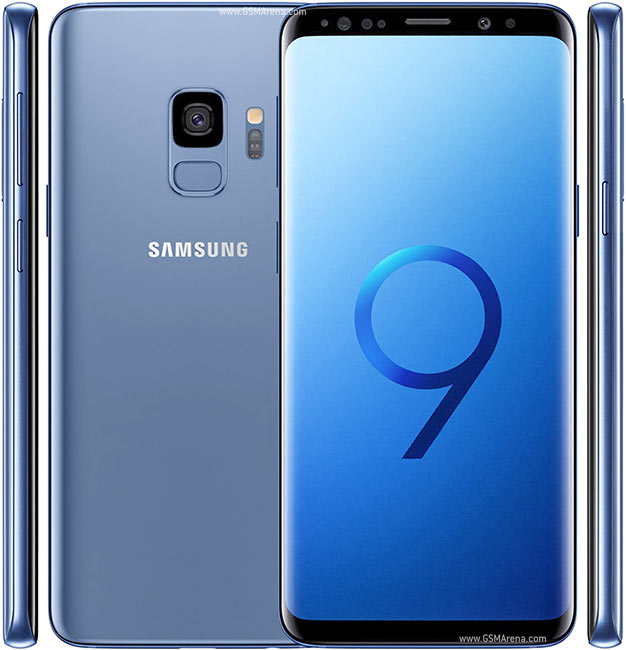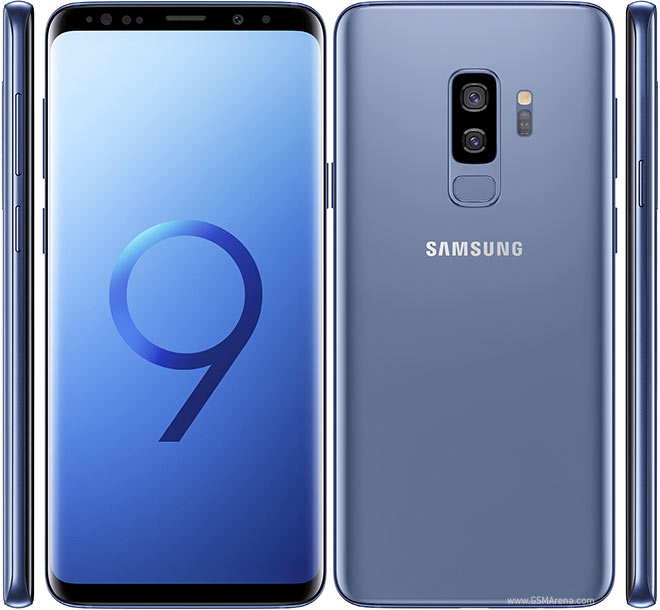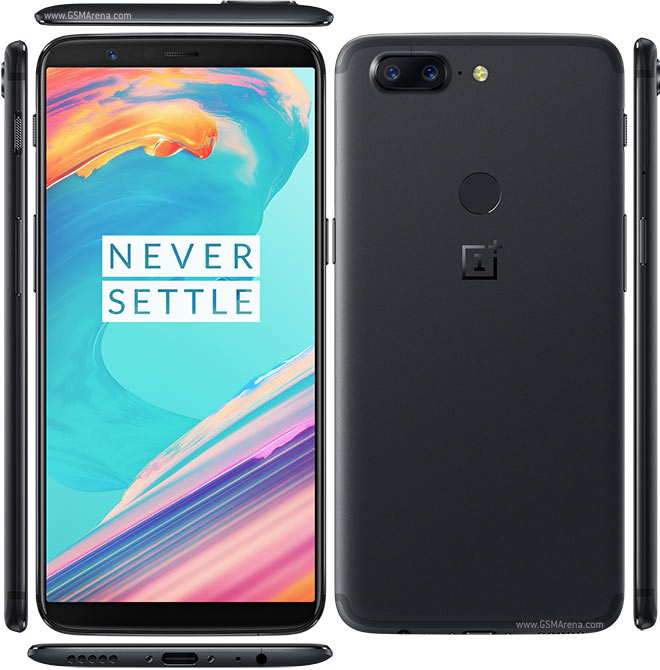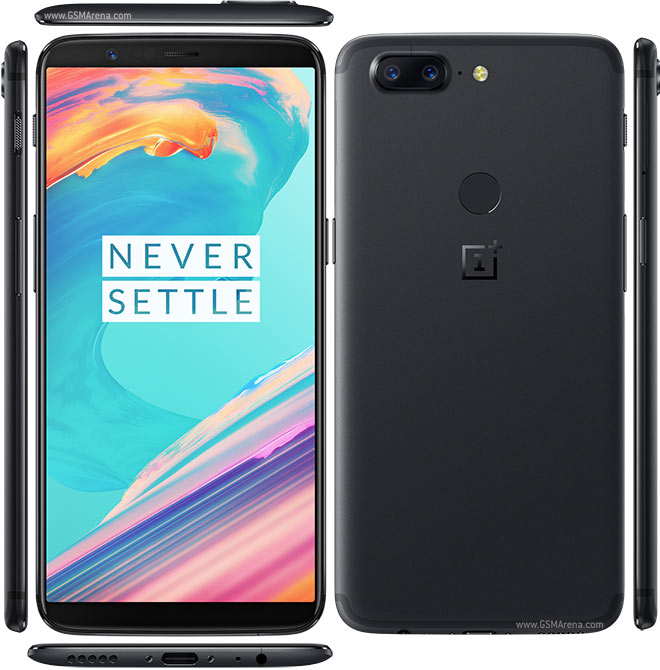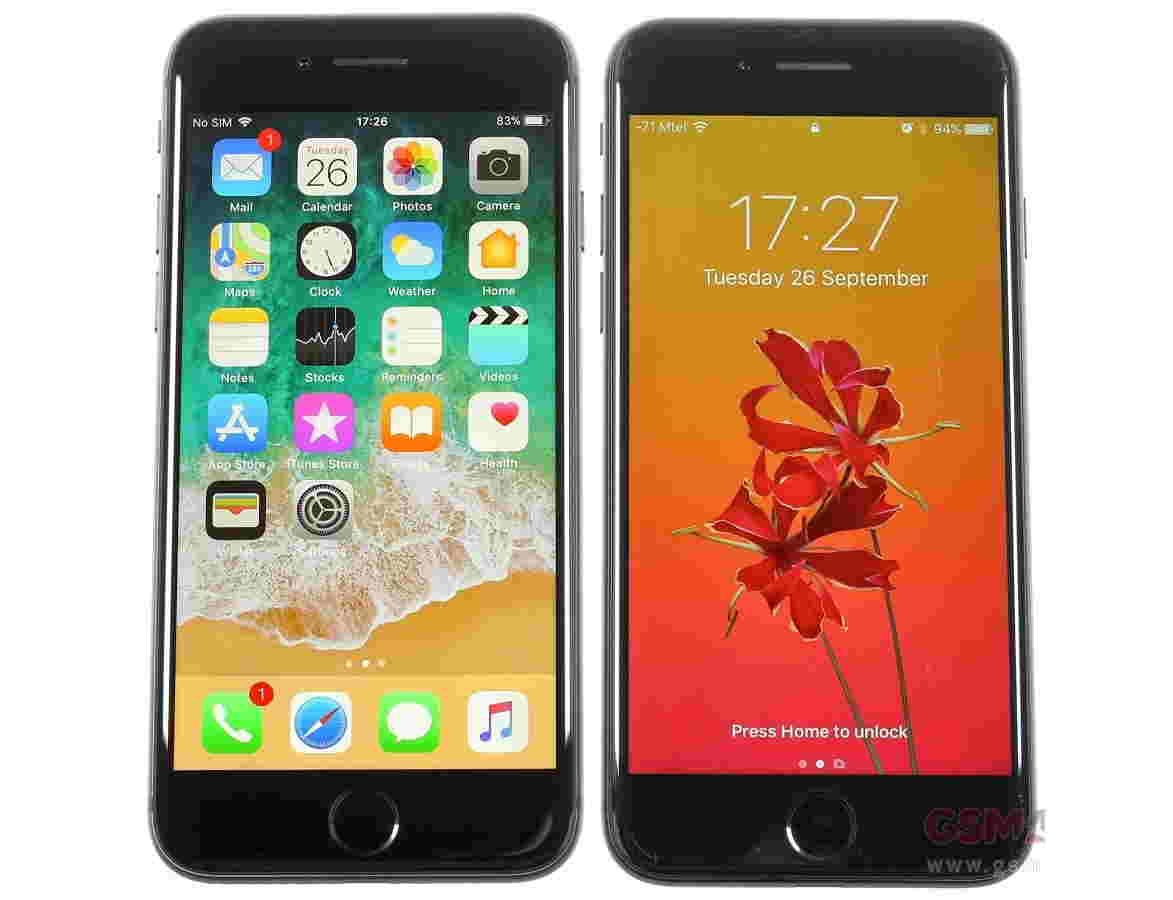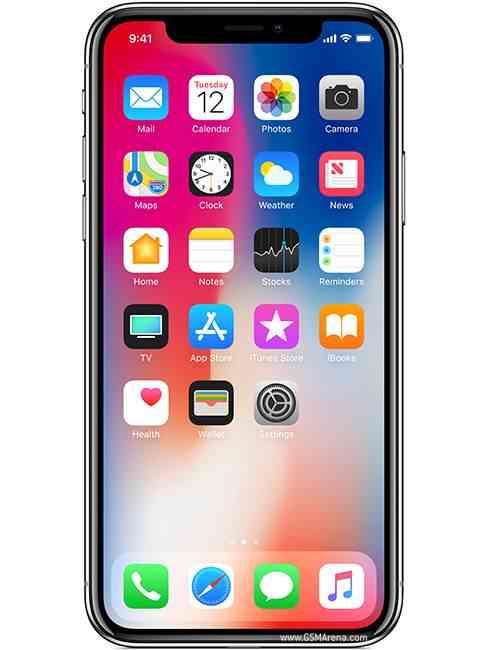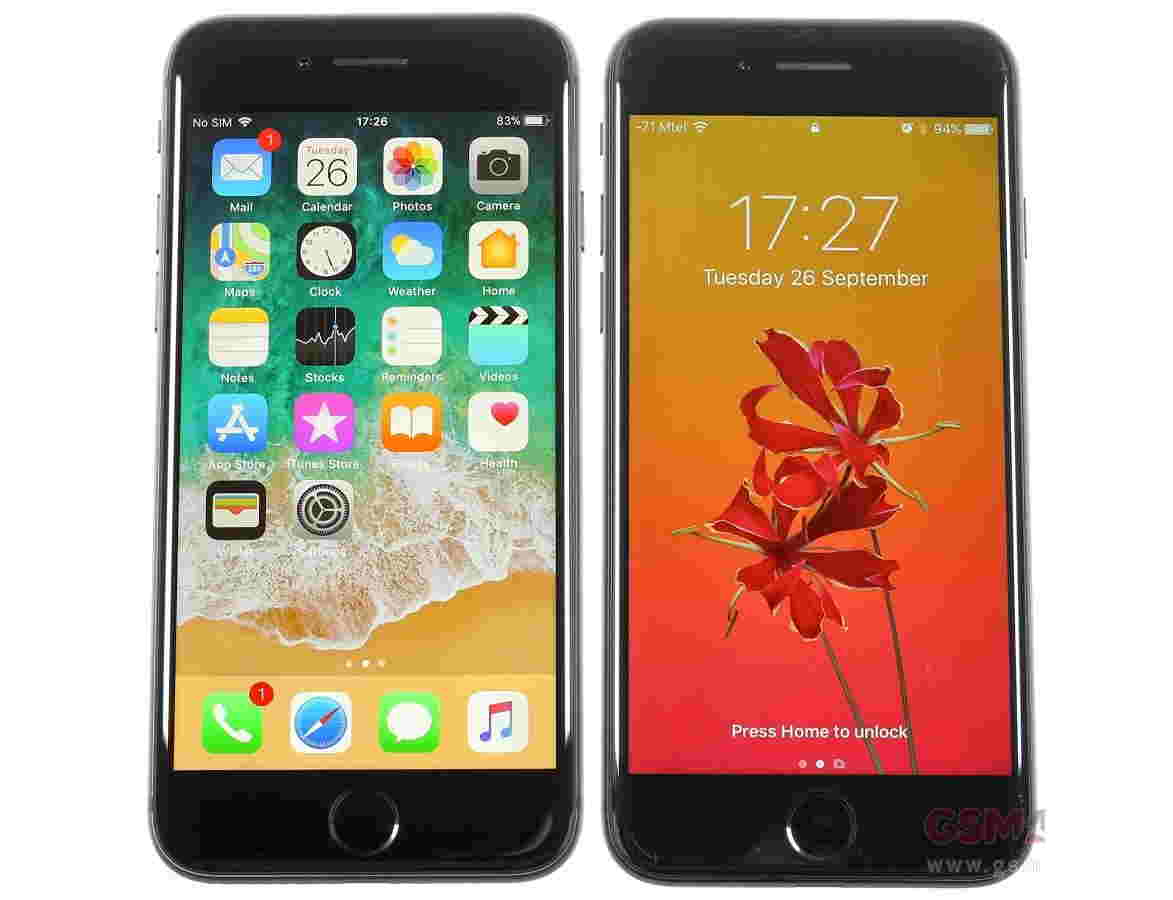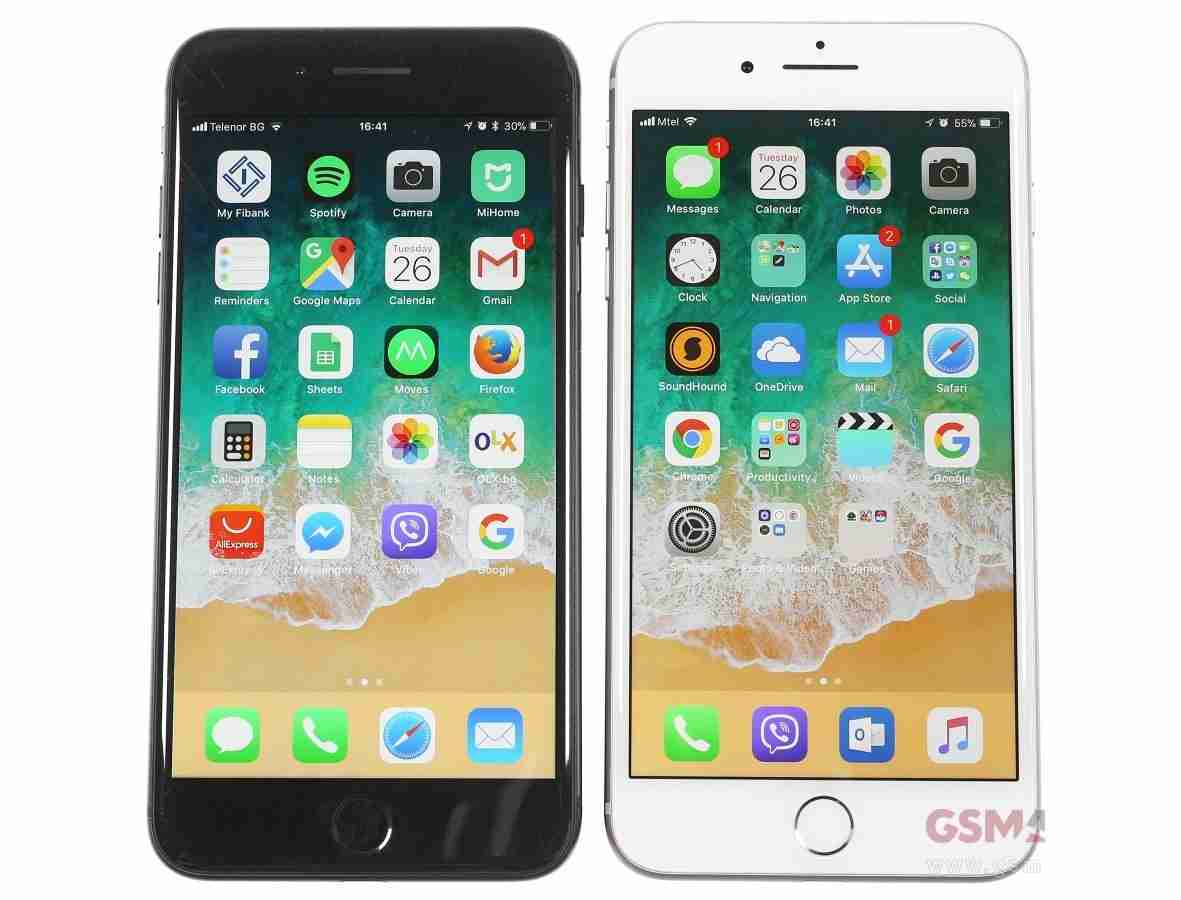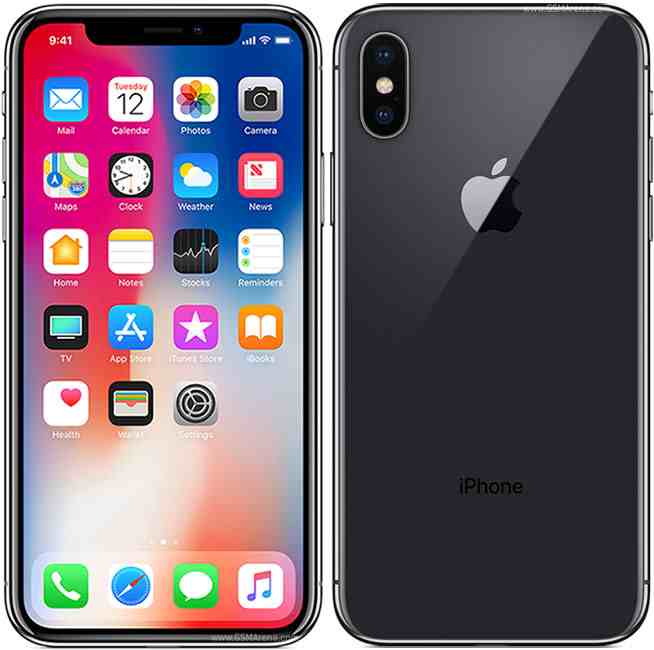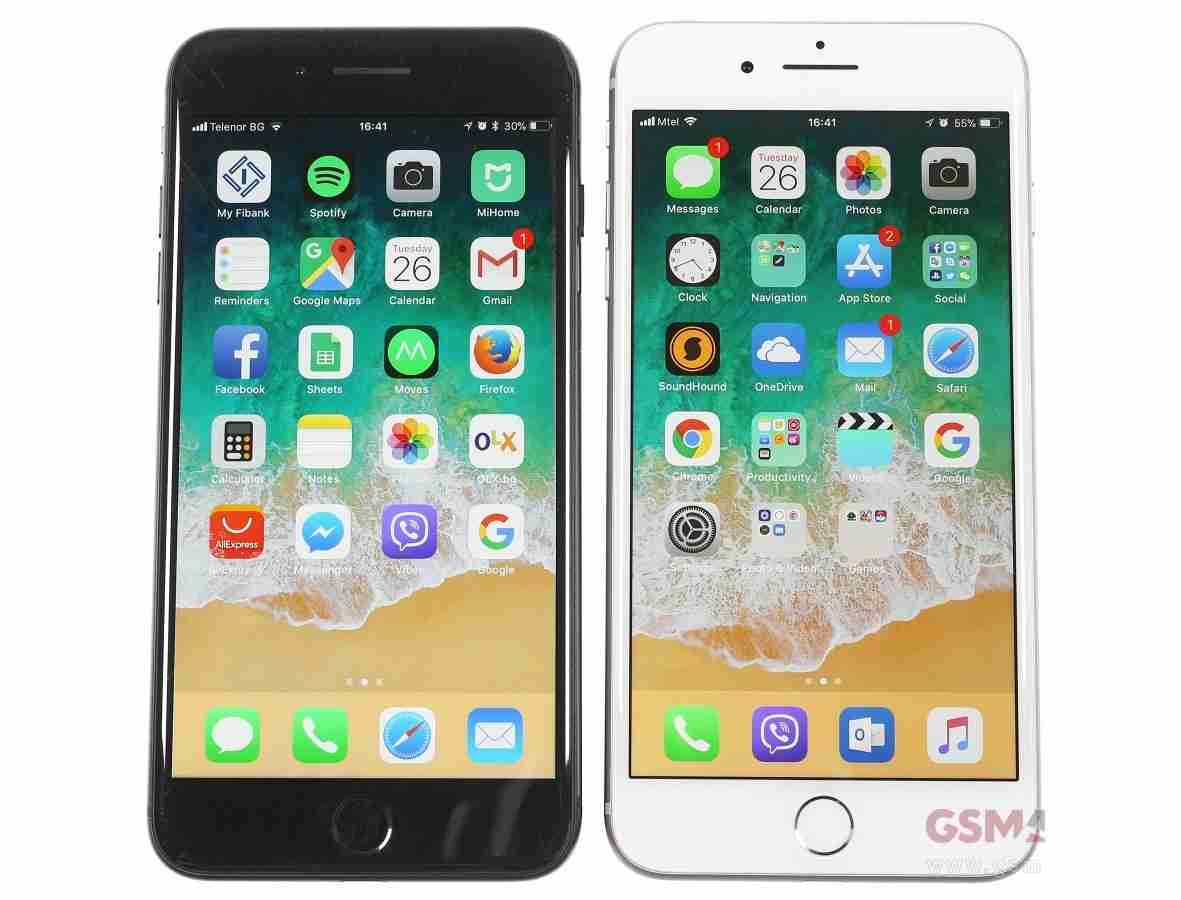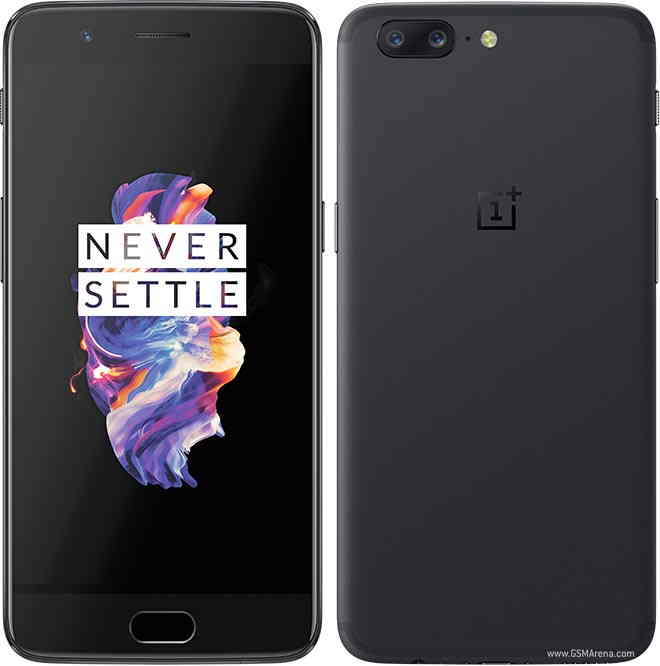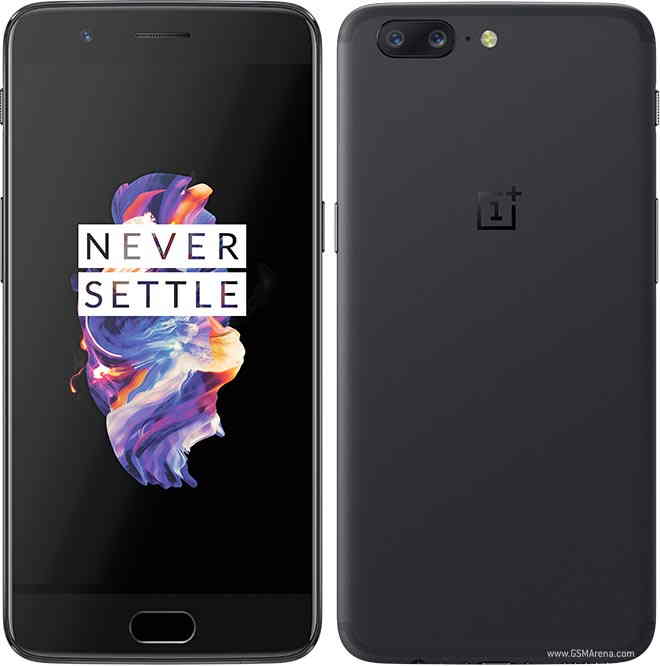Sony Xperia M5 Prices
Important Note.
- All prices are in Pakistani Rupee (PKR)
- Prices may vary at stores and our effort will be to provide you with the updated prices.
- The latest price of Sony Xperia M5 was obtained on 17 مئی, 2019. The prices at the original stores had been updated on the respective mentioned dates.
- Find out WhatMobile price has dropped in Pakistan by selecting Notify Price Drop button
- Find out WhatMobile has better specifications by clicking Add To Compare Button find out what Mobile has better reviews by visiting our reviews section
- Find out WhatMobile is cheaper on which retailer by clicking Compare prices from retailers button
Search Terms
- Sony Xperia M5
Specifications
| GENERAL | |
| 2G Network | GSM 850 / 900 / 1800 / 1900 |
|---|---|
| 3G Network | HSDPA 850 / 900 / 1900 / 2100 - E5603, E5653 HSDPA 850 / 900 / 1700 / 1900 / 2100 - E5606 |
| 4G Network | LTE band 1(2100), 3(1800), 5(850), 7(2600), 8(900), 20(800) - E5603 LTE band 2(1900), 4(1700/2100), 5(850), 7(2600), 12(700), 13(700), 17(700), 28(700) - E5606 LTE band 1(2100), 3(1800), 5(850), 7(2600), 8(900), 28(700), 40(2300) - E5653 |
| Sim | Nano-SIM - IP68 certified - dust proof and water resistant over 1.5 meter and 30 minutes |
| Announced | 04/08/2015 |
| Status | Exp. release 2015, August |
| BODY | |
| Dimensions | 145 x 72 x 7.6 mm (5.71 x 2.83 x 0.30 in) |
| Weight | 142.5 g (5.04 oz) |
| DISPLAY | |
| Display Size | 5.0 inches (~66.0% screen-to-body ratio) |
| Resolution | 1080 x 1920 pixels (~441 ppi pixel density) |
| MultiTouch | Yes, up to 4 fingers |
| Protection | Scratch-resistant glass |
| SOUND | |
| AlertTypes | Vibration; MP3, WAV ringtones |
| LoudSpeaker | Yes |
| 3.5mm jack | Yes |
| MEMORY | |
| CardSlot | microSD, up to 200 GB |
| Internal | 16 GB, 3 GB RAM |
| DATA | |
| GPRS | Up to 85.6 kbps |
| EDGE | Up to 236.8 kbps |
| Speed | HSPA 42.2/5.76 Mbps, LTE Cat4 150/50 Mbps |
| WLAN | Wi-Fi 802.11 a/b/g/n, dual-band, Wi-Fi Direct, DLNA, hotspot |
| Blue Tooth | v4.1, A2DP, LE, apt-X |
| NFC | Yes |
| USB | microUSB v2.0 |
| CAMERA | |
| Camera Primary | 21.5 MP, 5248 x 3936, phase detection autofocus, LED flash |
| Camera Features | Geo-tagging, touch focus, face/smile detection, HDR, panorama |
| CameraVideo | 2160p@30fps, HDR |
| CameraSecondary | 13 MP, autofocus; 1080p@30fps video |
| FEATURES | |
| Processor Cores | Octa-Core |
| OS | Android OS, v5.0 (Lollipop) |
| CPU | Octa-core 2.0 GHz Cortex-A53 |
| Sensors | Accelerometer, proximity, compass |
| Messaging | SMS (threaded view), MMS, Email, IM, Push Email |
| Browser | HTML5 |
| Radio | FM radio with RDS |
| GPS | Yes, with A-GPS, GLONASS |
| Java | No |
| Colors | Black, White, Gold |
| Others | - Active noise cancellation with dedicated mic - DivX/MP4/H.265 player - MP3/eAAC+/WAV/WMA/Flac player - Document viewer - Photo/video editor |
| BATTERY | |
| Battery | Non-removable Li-Ion 2600 mAh battery |
| StandBy | Up to 671 h (2G) / Up to 656 h (3G) |
| TalkTime | Up to 11 h 49 min (2G) / Up to 12 h 11 min (3G) |
| MISC | |
Reviews
Introduction and features
The Sony Xperia M5 is a follow-up to the middling Sony Xperia M4 Aqua, which on paper seems to fix many of the issues we had with that mid-range phone. There's more storage, more RAM, a higher-spec camera and a sharper screen.
All of this comes at a price, however. The Sony Xperia M5 retails for roughly US$370 (£300, AU$425), while the Sony Xperia M4 Aqua can now be had from around US$220 (£160, AU$255) - but even its launch price was less than the M5.
That's a significant difference, and its price tag puts the Sony Xperia M5 up against the likes of the OnePlus 2 and even close to the Sony Xperia Z3+ and LG G4.
With an octa-core processor, 3GB of RAM, 1080p screen, water-resistant build, 21.2MP main camera and a 13MP front-facing one, the Xperia M5 certainly ticks a lot of boxes.
But is it the phone the M4 Aqua should have been, or does the higher price put it out of the mid-range running?
Design
The Sony Xperia M5 certainly makes a good first impression. Like so many Sony phones it has a rectangular Omnibalance design, and in terms of the materials used it falls somewhere between the Sony Xperia M4 Aqua and the Sony Xperia Z5.
The M4 Aqua is all polycarbonate, whereas here the back has been upgraded to a glass finish. But where the Xperia Z5 has a metal frame it's plastic on the Xperia M5, other than the corners, which are made of stainless steel.
Its dimensions are similar to those of the M4 Aqua, with the M5 coming in at 145 x 72 x 7.6mm. It's a slim phone then, but it's not actually all that compact given its 5-inch display; it's only slightly smaller than the Moto X Play, despite that phone having a much larger 5.5-inch screen.
The big bezels above and below the display on the Xperia M5 are the culprit here. While they presumably serve some purpose under the hood they look unnecessarily large, with only the microphone and earpiece, a Sony logo and a 13MP camera lens visibly housed in them – other than that they're just empty black space.
Even the bezels to the sides of the screen look a little on the large side, but that's a small complaint. The Xperia M5 is a slim and generally stylish handset, which – until you actually get your hands on it and feel the plastic edging – appears almost as premium as the Xperia Z5.
It's a little plain, with the whole body coming in one colour (gold in the case of my review unit). And there's little to break that finish up on the back, with just a couple of small logos, a 21.2MP camera lens and an LED flash.
But being plain isn't the worst thing in the world, and Sony's iconic metal power key does add a touch of contrast on the right edge. The button is positioned halfway down, which makes it easy to reach.
Note, though, that unlike on some Sony handsets there's no fingerprint scanner here, which is a shame.
That right edge is also home to a volume rocker and dedicated camera shutter button, both of which are even closer to the bottom edge, making them just as easy to get to without stretching.
Speaking of the bottom edge, that houses a micro USB port and the M5's speaker; sadly, there's no stereo sound here. On the left edge you'll find covered slots for the SIM card and microSD card, while up top there's a headphone port.
So all the actual buttons are on one edge, which makes them easy to find, especially as they're all different sizes and shapes.
The slightly curved edges make the Sony Xperia M5 reasonably comfortable to hold too, and while they're a little slippery the glass back provides a lot more grip.
All in all it's a fairly good-looking and very easy to operate phone, and I haven't even got to one of its best features yet: the fact that it's IP68-certified dust-proof and water-resistant.
While I'd always be hesitant to risk my phone in a shower or swimming pool, it does at least give me some peace of mind that if I spill a drink on it or get caught in the rain it will still work afterwards.
Of course you can get this same protection with the far cheaper Xperia M4 Aqua, but it's nice to see nonetheless.
Key features
While the Sony Xperia M4 Aqua has waterproofing as a key feature it's more of an expectation here, which is presumably why Sony has dropped 'Aqua' from the name.
The Sony Xperia M5 is, on paper at least, an improvement on the Xperia M4 Aqua in almost every other way, with the screen and camera arguably being the two biggest improvements.
The display is still 5 inches, but it has a resolution of 1080 x 1920, up from 720 x 1280 on the Xperia M4 Aqua. That resolution jump gives it a pixel density of 441 pixels per inch. That's up from just 294ppi on the Sony Xperia M4 Aqua, and puts the M5 more in line with the Sony Xperia Z5 and HTC One M9.

The Sony Xperia M4 Aqua had a vibrant display with great viewing angles, and the same is true on the M5 – but now it's sharper. The contrast is good, images are still fairly bright even at extreme angles, and everything looks great on it.
There are better screens, and sharper ones. A quick look at what Samsung is doing on the Galaxy S7 – or even the Samsung Galaxy S6 – will show you that, but at this sort of price the Sony Xperia M5 stands up really well.
Then there's the camera. The Sony Xperia M4 Aqua has a solid but sluggish 13MP main snapper and a 5MP front-facing camera; the Xperia M5 significantly ups the megapixel count to 21.2MP on the back and 13MP on the front.
I'll cover the cameras in detail in the camera section, but for now you just need to know that it's an upgrade in some ways and not in others.
It's not much faster at snapping photos, despite the extra gigabyte of RAM the phone is packing, but shots are generally pretty impressive, as well as giving you lots of options to play with if you don't want to just point and shoot.
Not only are both the M5's camera and screen upgrades over the M4 Aqua's, they also stand up well to many rival phones at this price point. The 13MP primary snapper on the OnePlus 2 is no match for the M5's, for example, and its 1080p screen is no better.

Things become a bit more muddied when you consider that you can get some of 2015's flagships for only a shade more than this. The LG G4, for example, can be found for around the same price and both the camera and screen blow the M5's away.
That's a big problem for the Xperia M5, as while it shouldn't be expected to compete with a flagship – even a 2015 one – its price means it has to do exactly that.
Performance and battery life
A 2GHz octa-core processor and 3GB of RAM ensure the Sony Xperia M5 isn't lacking for power, at least on paper – although it uses a Mediatek Helio X10 chip rather than the more powerful Snapdragon 810.
In Geekbench 3 benchmarks the M5 averaged a single-core score of 861 and a multi-core score of 3432. That puts it significantly ahead of the Sony Xperia M4 Aqua, which scored 656 for single-core and 2545 for multi-core.

But it fares worse against the OnePlus 2, which trounces it in multi-core tests with a score of 4795. The Sony Xperia Z3+ also tops the M5, with a multi-core score of 4057. That's not really a surprise as the Z3+ is a flagship – and while it isn't Sony's latest flagship, you can pick it up for a similar price to the Xperia M5 these days, so it's a comparison worth making.
While you can get more for your money here, in practice the Sony Xperia M5 performs well. I experienced no slowdown or overly-long loading times when playing Real Racing 3 or Asphalt 8, and both looked great on the screen, although the single speaker produced slightly tinny sound.

The phone does noticeably heat up over the course of an extended gaming session, but not to uncomfortable levels. Sadly, there's no PS4 Remote Play here, so you're limited to Android games.
Using and jumping between apps was a generally smooth experience. Some apps, such as Google Play and the camera, would take a beat to load, but otherwise I had a speedy experience.
The interface doesn't stray too far from stock Android, although we're talking Android Lollipop here, not Android Marshmallow. The notification shade is familiar and the app drawer, while laid out slightly differently, is present and correct.

However, the Xperia M5 comes with a large number of widgets clogging up the home screens, which thankfully can be removed, and a large number of preinstalled apps, many of which can't.
That eats up a significant chunk of the 16GB of built-in storage, so you'll definitely want a microSD card – but at least that's an option.
Many of the pre-installed apps are quite useful too. There are Google staples like Maps and YouTube, plus a File Manager.
But there's also a certain amount of overlap, with Sony's own music and video offerings included alongside Google's, and there are apps that many people probably won't touch, like 'Sketch', which is a fairly basic sketchbook, and 'What's New', which basically just advertises other apps and content.
Battery life
The Sony Xperia M5 has a 2600mAh battery, which is a slight bump up from the Xperia M4 Aqua and its 2400mAh juice pack, but no match for the Moto X Play, which is a similarly priced phone with a 3600mAh battery.
Despite it not having a mammoth capacity, Sony has hyped up the battery life on the Xperia M5, claiming it can keep going for up to two days, which is a claim it makes for many of its phones.
Technically it probably can, but only if you really don't use it much. As I write this section the phone has been off-charge for 90 minutes and is down to 90%.
In that time I've fired off a few WhatsApp messages and spent a few minutes playing with apps and Facebook. But I've mostly been writing with the screen off, and when it has been on it's been at around mid-brightness, so it's not a brilliant showing.
To give another example of battery use, 20 minutes of Asphalt 8 knocked 11% off the battery, again at a middling screen brightness. That's not bad at all, as it's a fairly effects-heavy game, but play it for any length of time and the battery won't last one day, let alone two.
I also put the Xperia M5 through our standard battery test, which involves running a 90-minute video at full screen brightness with Wi-Fi on. Over the course of the test the Sony Xperia M5 lost 24% of its life.
That's a decent result, and an ever so slight improvement on the 25% drop shown by the Sony Xperia M4 Aqua. But it's far worse than the 15% drop achieved by the Moto X Play – a phone that can really justify shouting about its battery life.
Overall the Sony Xperia M5 was slightly above average in terms of battery performance, in my experience. It was never in danger of dying before the end of the day, but would usually be below 30% by the time I hit the hay at around midnight.
That's with moderate mixed use of all functions, including gaming, camera, apps and messaging – although when I was hitting the phone hard in my first couple of days with it, it was dropping to below 20%.

One thing the Sony Xperia M5 has in its favour is its wealth of battery-saving tools. There's a 'STAMINA mode', an 'Ultra STAMINA mode' and a 'Low-battery mode', all of which disable or limit various functions to keep the phone going longer.
There's also the option to save battery life by sending background data at set intervals – this is turned on by default – and information on which apps are sucking up the most juice in the background.
This gives you far more scope to maximise the Xperia M5's life than most phones do, but it all ultimately means limiting background tasks, turning background data off or even uninstalling apps, which aren't ideal solutions.
Don't get the wrong idea here: the Sony Xperia M5 has decent battery life, above-average even, but if you live a lot of your life on your phone it's not going to last the two days claimed.
Camera
Sony tends to make a big deal about the cameras in its phones, and the Sony Xperia M5 is no exception. The Sony Xperia M4 Aqua had a fairly impressive 13MP rear snapper and 5MP front-facing one, and the Xperia M5 pushes that up to 21.2MP on the back and 13MP on the front.
One downside of the M4 Aqua's camera was that it could be a bit sluggish – and sadly, despite the bump in specs, that's still the case with the Xperia M5. The camera app generally takes a couple of seconds to boot up, and snapping a photo can take another second or so.
That's unfortunate, as it's easy to miss a fleeting moment, or get fewer photos of something than you wanted.

That sluggishness aside, though, it's a solid offering. There's a dedicated shutter button on the lower-right edge of the phone, which is easy to reach whether the phone is in portrait or landscape orientation, and is well out of the way of the lens, so there's no danger of stray fingers obscuring it.
The camera has a 'Superior Auto' mode, which most users will probably stick to most of the time. This does a good job of selecting from the available scene modes and settings for the situation at hand.
If you want more control there's also a manual mode, which enables you to tweak the white balance and exposure, or select from a variety of scene modes as diverse as 'landscape' and 'pet'.

You can also add various effects to your images, so there's a lot to play with here. Of course, none of this would mean much if the photo quality wasn't up to scratch but for the most part it is, at least as mid-rangers go.
The camera is capable of capturing a lot of detail with natural colours, and even fares okay in low light. But it's not a perfect showing, and it struggles in particular to preserve detail at the edges of images.
Also, while the Sony Xperia M5 can out-snap most mid-rangers, it's no match for the LG G4, which these days can be picked up for only slightly more.
Click here for the full-resolution image
Click here for the full-resolution image
Click here for the full-resolution image

Click here for the full-resolution image
Click here for the full-resolution image
Click here for the full-resolution image
Click here for the full-resolution image
Verdict
With more storage space, more power, an upgraded camera, a sharper screen and a bigger battery, the Sony Xperia M5 seems like an upgrade over the Sony Xperia M4 Aqua in almost every way.
That's exactly what you'd hope for, especially given the higher price tag. Improvements aren't evident across the board, however – battery life is similar to the M4's, and the camera is still sluggish.
But there's a lot to like here, especially the sharp screen and the stylish, waterproof build. The question is, is that enough?
We liked
The screen on the Xperia M5 is not only a big upgrade from its predecessor's, but one of the better screens you'll find in the mid-range. It's sharp, vibrant and a good size.
The design is also a strong point. Its glass back and metal corners give the Sony Xperia M5 a premium edge, and it retains the dust-proofing and water-resistance of the Sony Xperia M4 Aqua.
The camera puts in a strong showing too, and with solid battery life and performance the Xperia M5 is a good all-rounder.
We disliked
The camera can take good snaps, but it sure takes its time about it. The Sony Xperia M5 also can't match rivals when it comes to performance benchmarks, and overall it's just not enough of an improvement on the Sony Xperia M4 Aqua.
That phone had three main problems: a slow camera, which is still an issue here; a lack of features, such as a fingerprint scanner and PS4 Remote Play, both of which are still missing here; and a lack of storage – this has been improved in the M5 from the 8GB in the M4 Aqua, but with just 16GB built in, and a bunch of pre-installed apps gobbling much of that up, it's still not a great state of affairs.
Final verdict
If the Sony Xperia M5 existed in a vacuum it would be hard to be too critical of it, as it does at least a reasonable job of just about everything. From the screen to the camera to the performance and battery there's nothing here that's a real red flag.
But it's also not much of an upgrade in real terms on the Sony Xperia M4 Aqua, and consequently it's hard to get excited about. It looks like any other Sony phone, but lacks high-end features like a fingerprint scanner and fails to fully address some of the M4 Aqua's faults.
Add to that a price tag that puts it in competition with some of 2015's flagships and it becomes a tricky sell. The Sony Xperia M5 isn't a bad phone – in fact in many ways it's a good one – but gorgeous screen aside it's an uninspiring one, with eye-catching specs that don't quite live up to their billing.
First reviewed: March 2015
Write Your Own Review
My Recent Reviews
- Be first to post review for this product.
comments powered by Disqus







-470-75.JPG)















